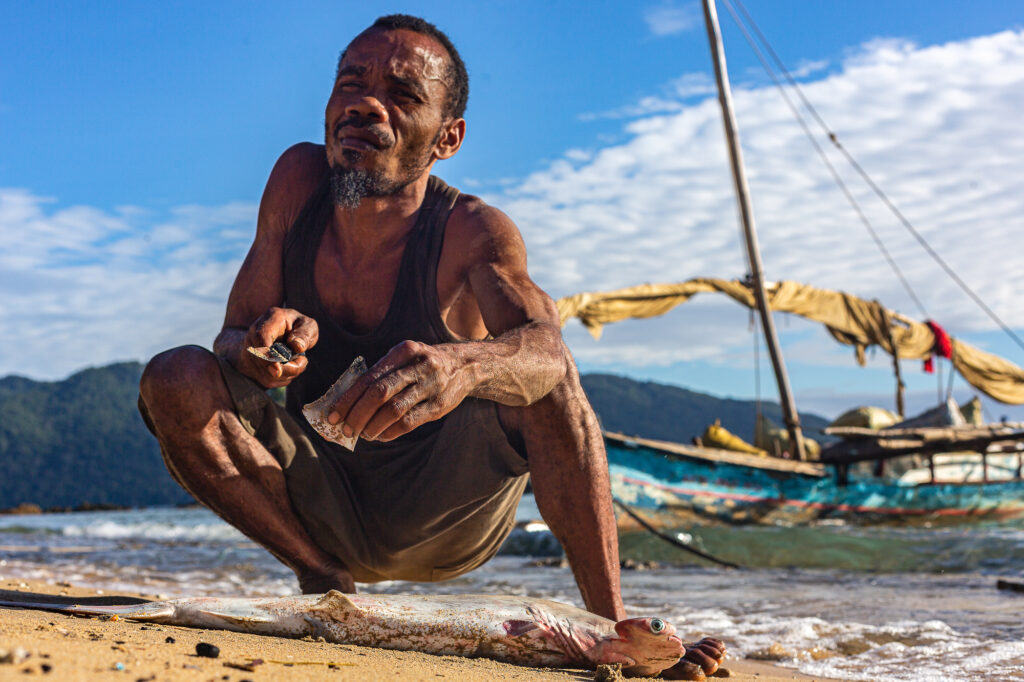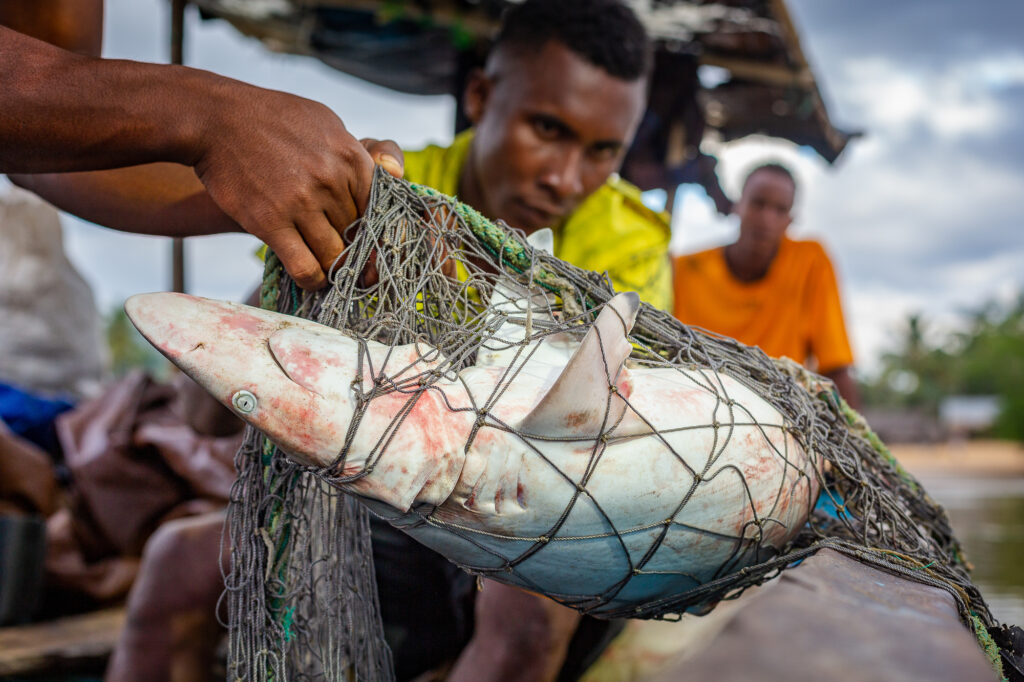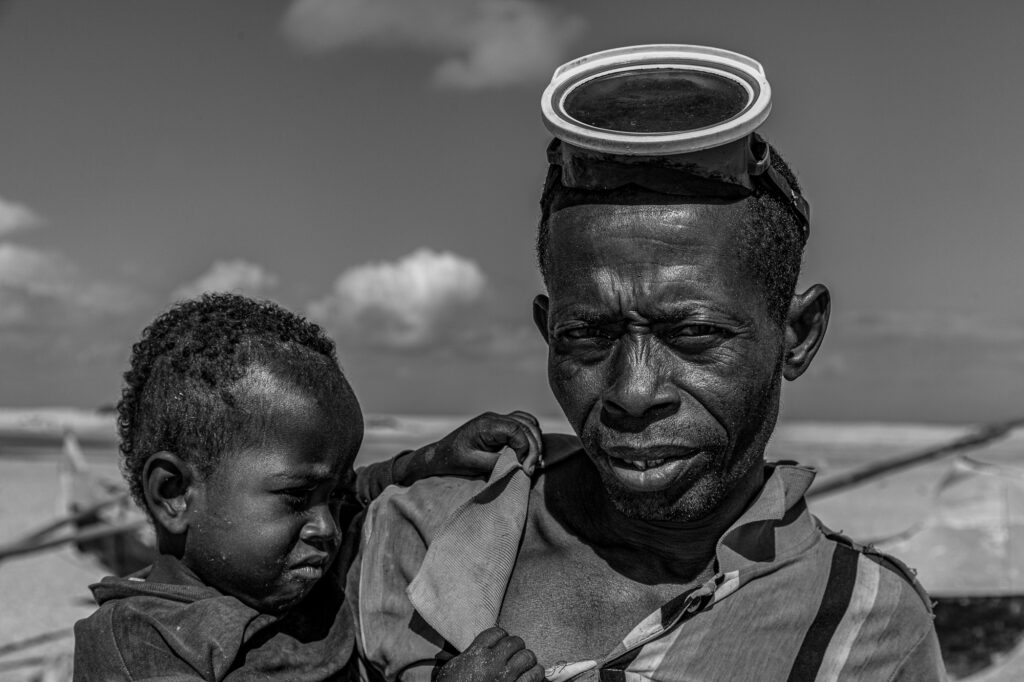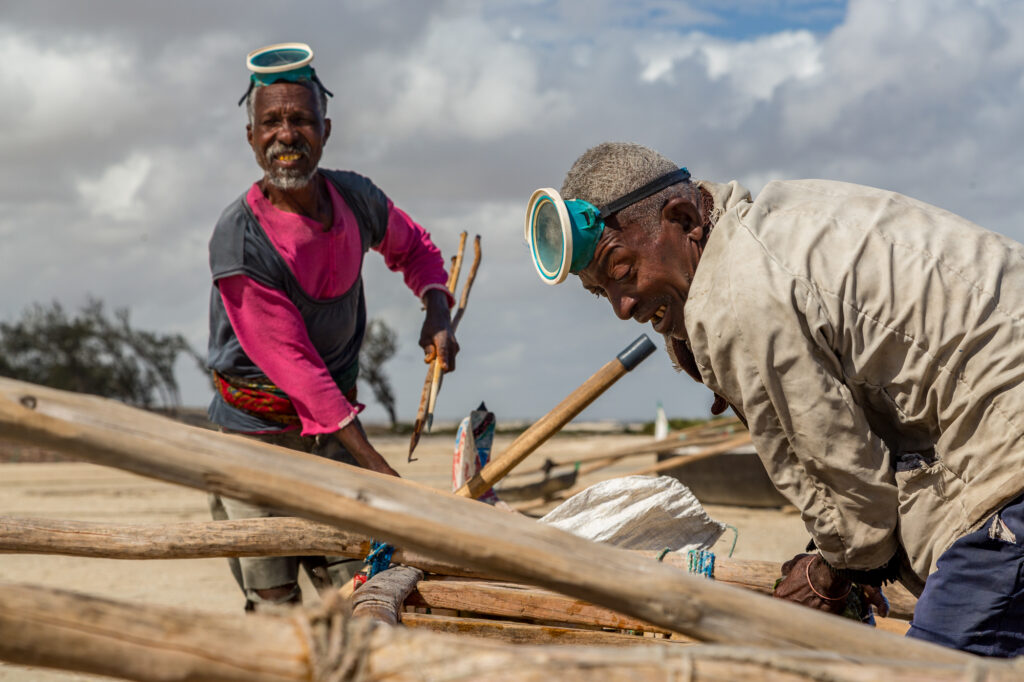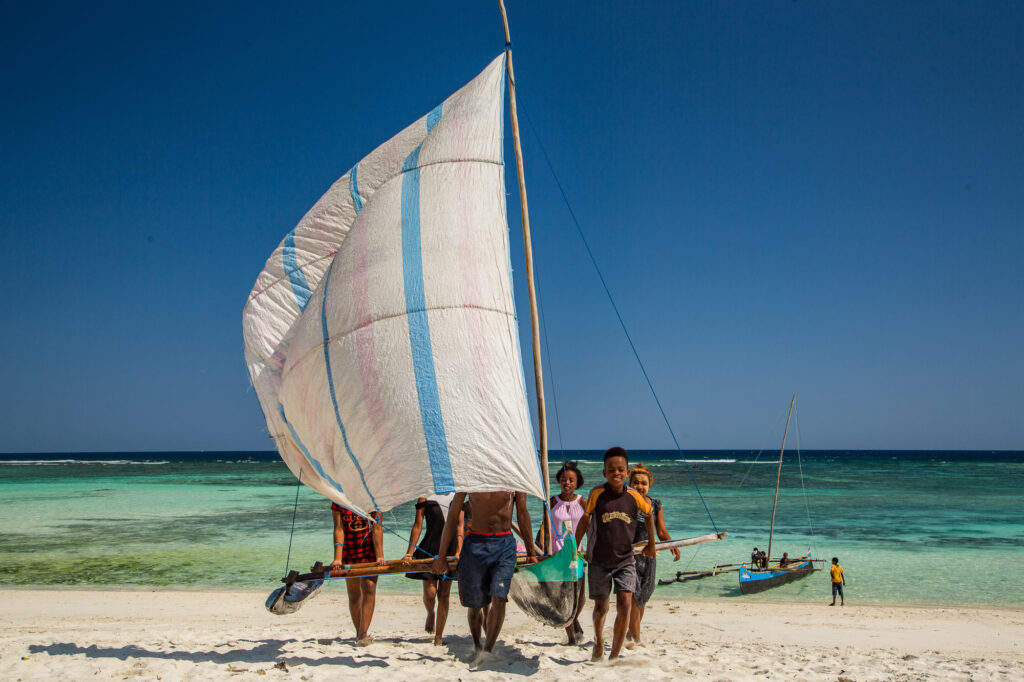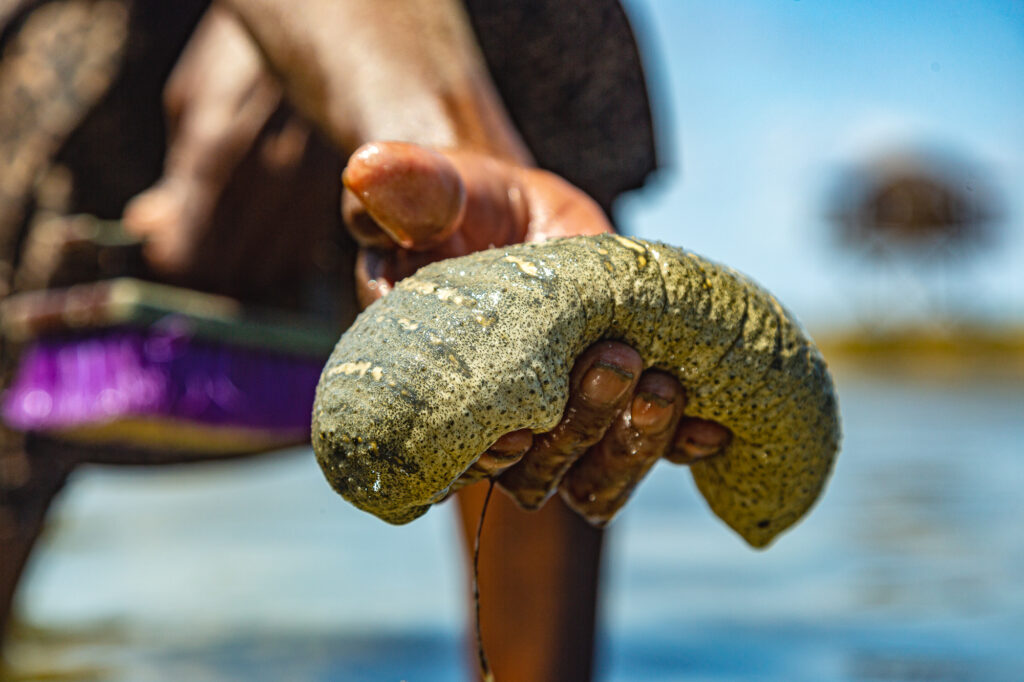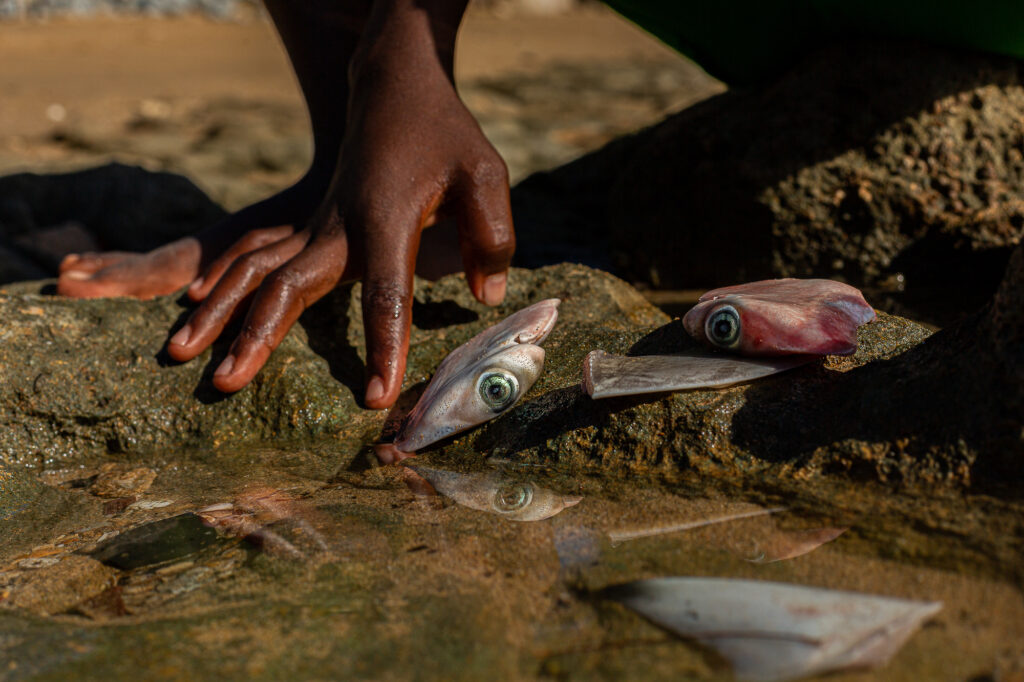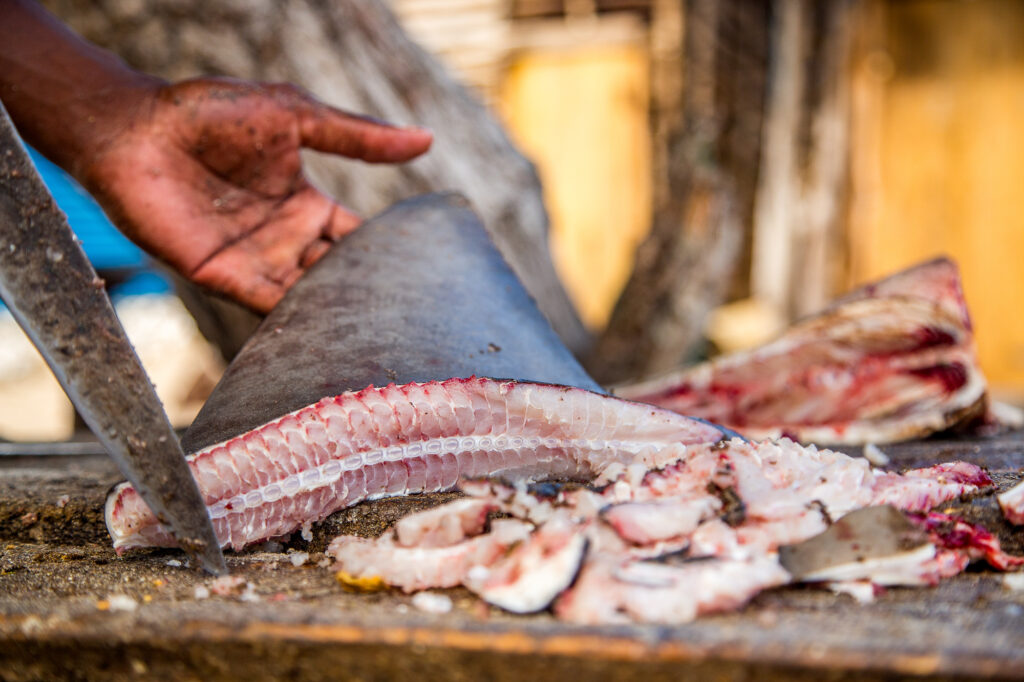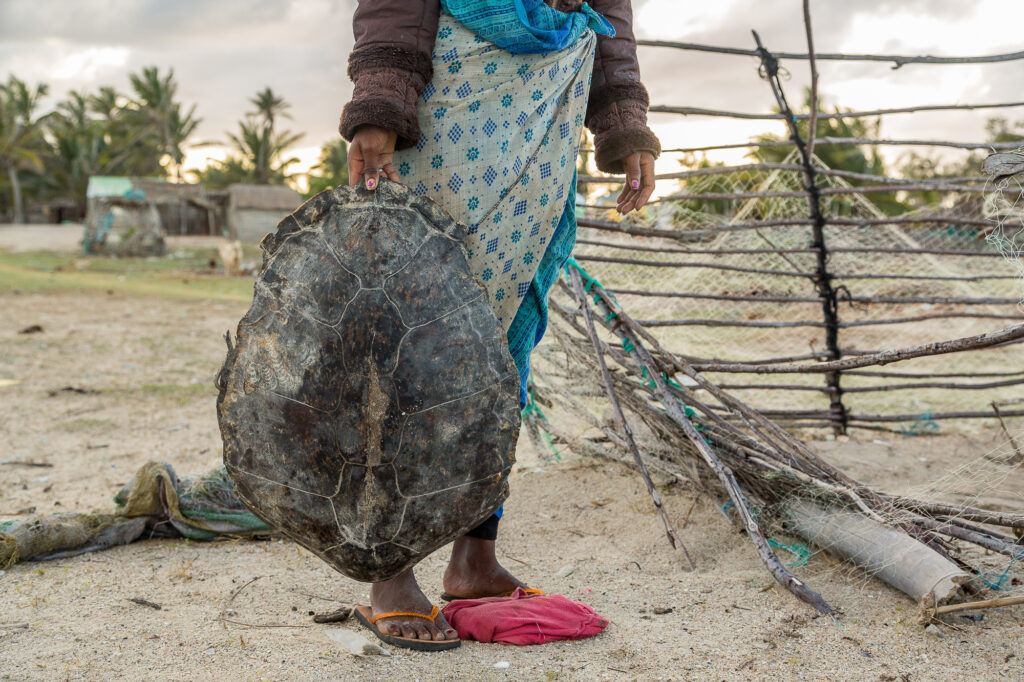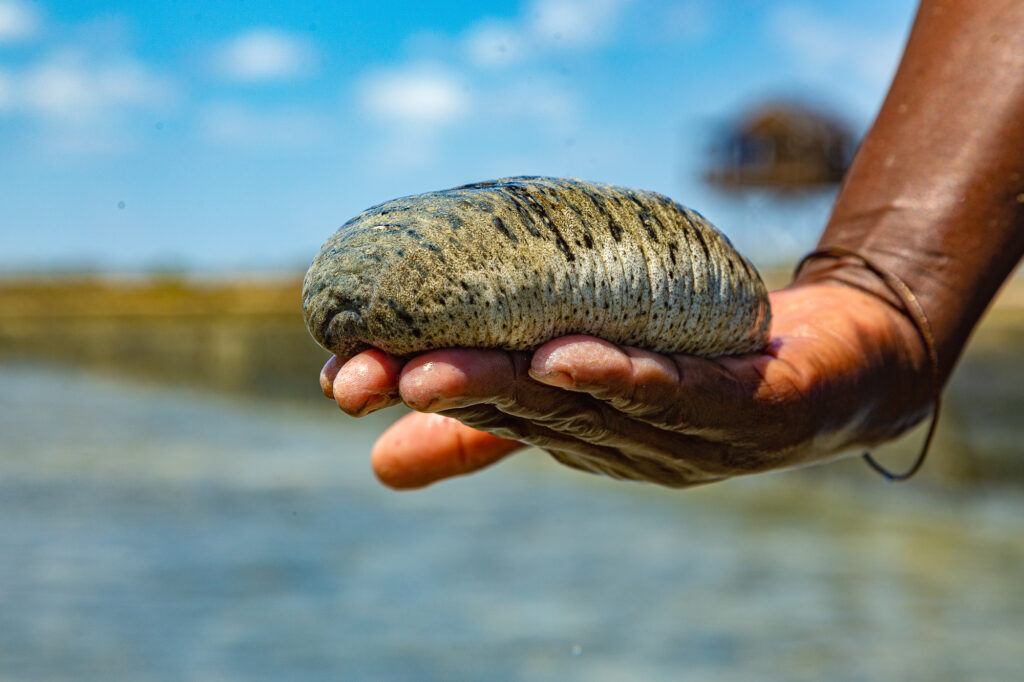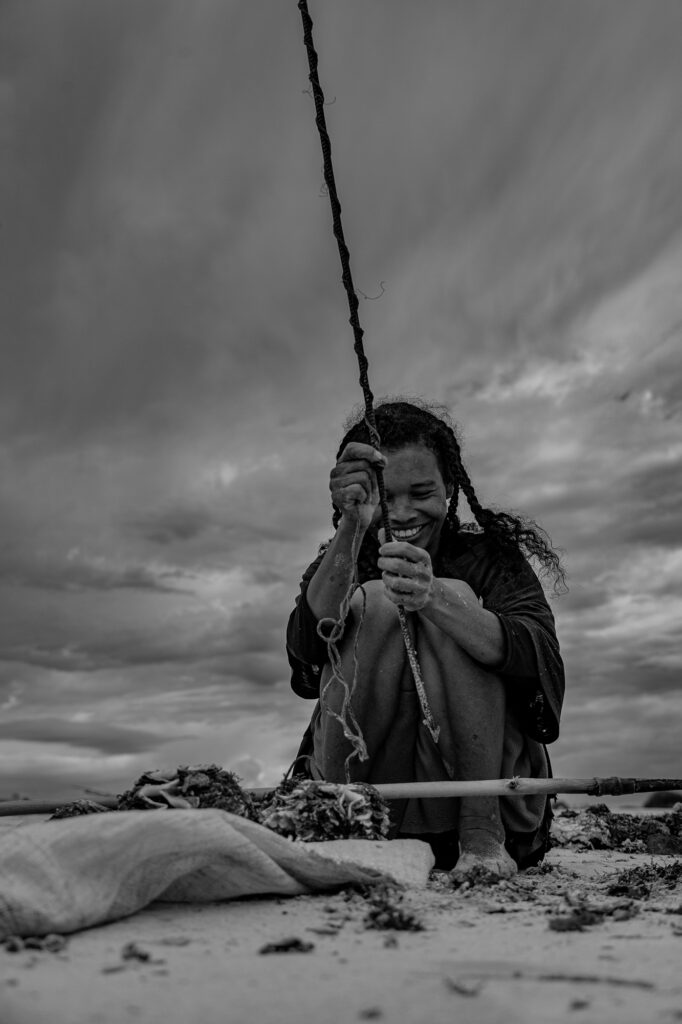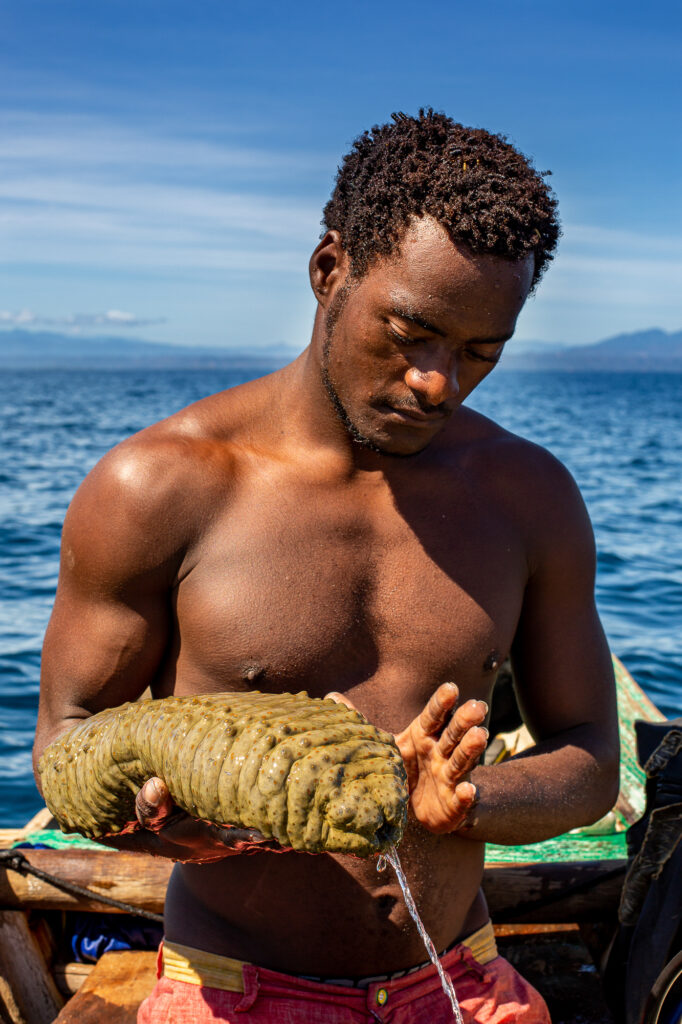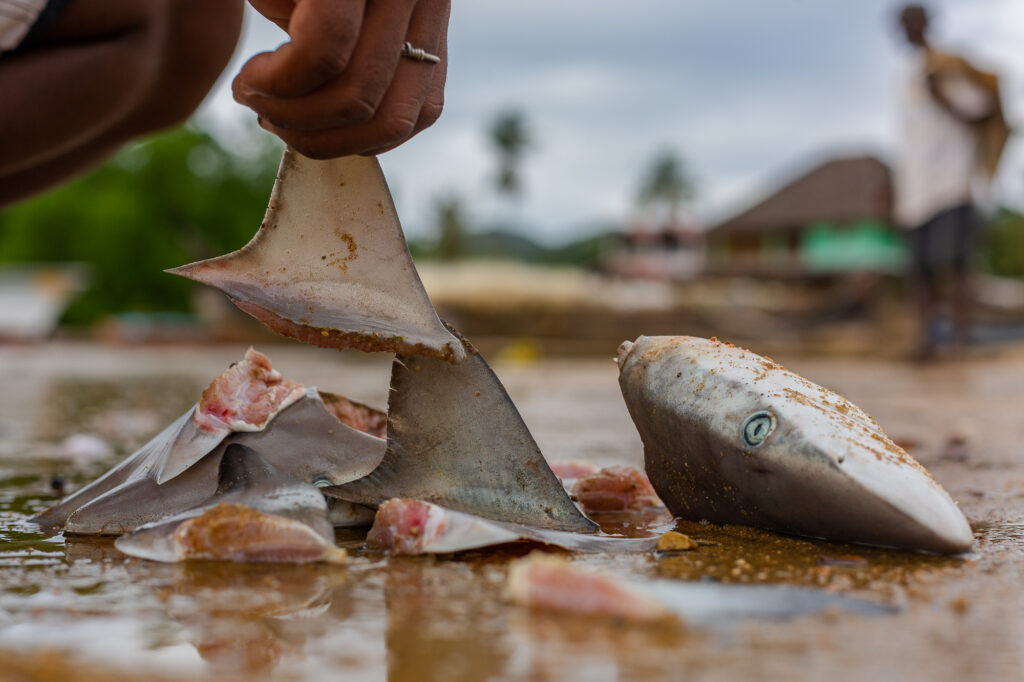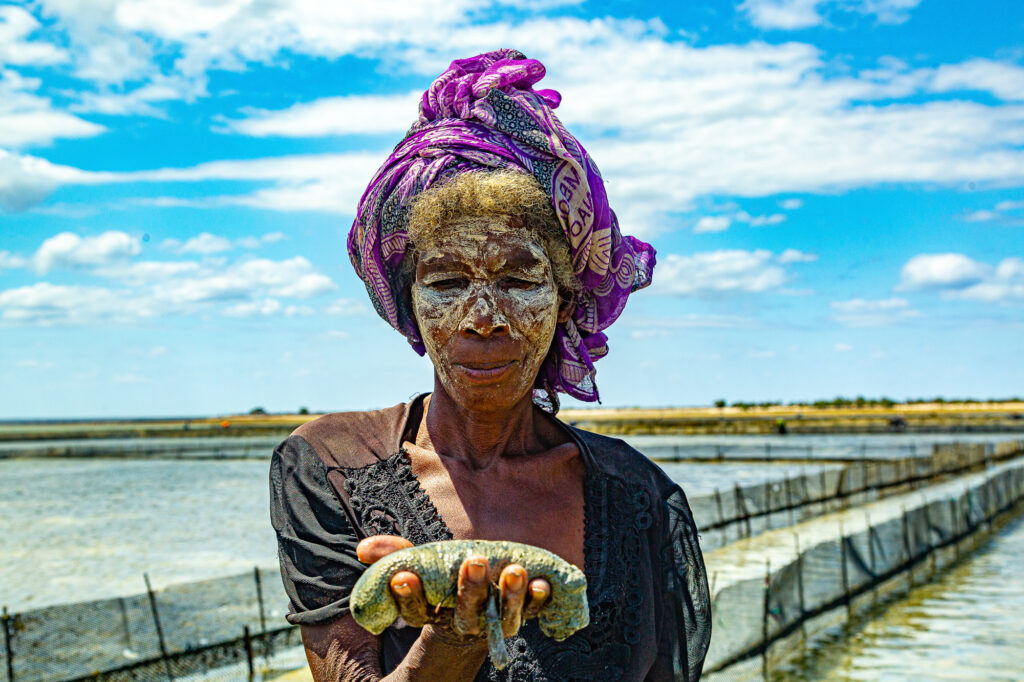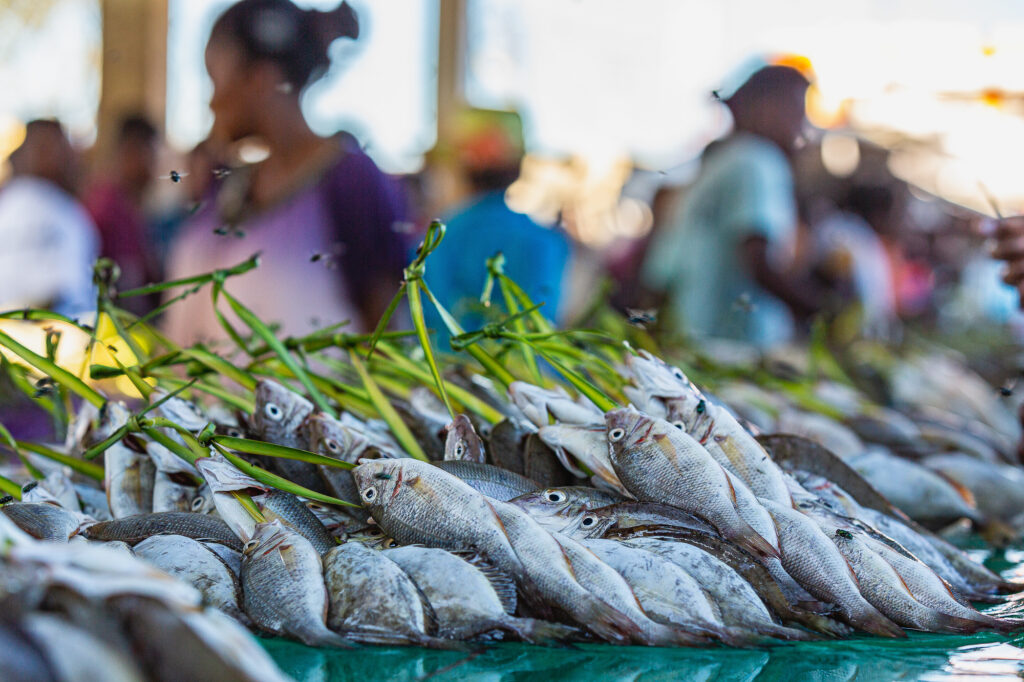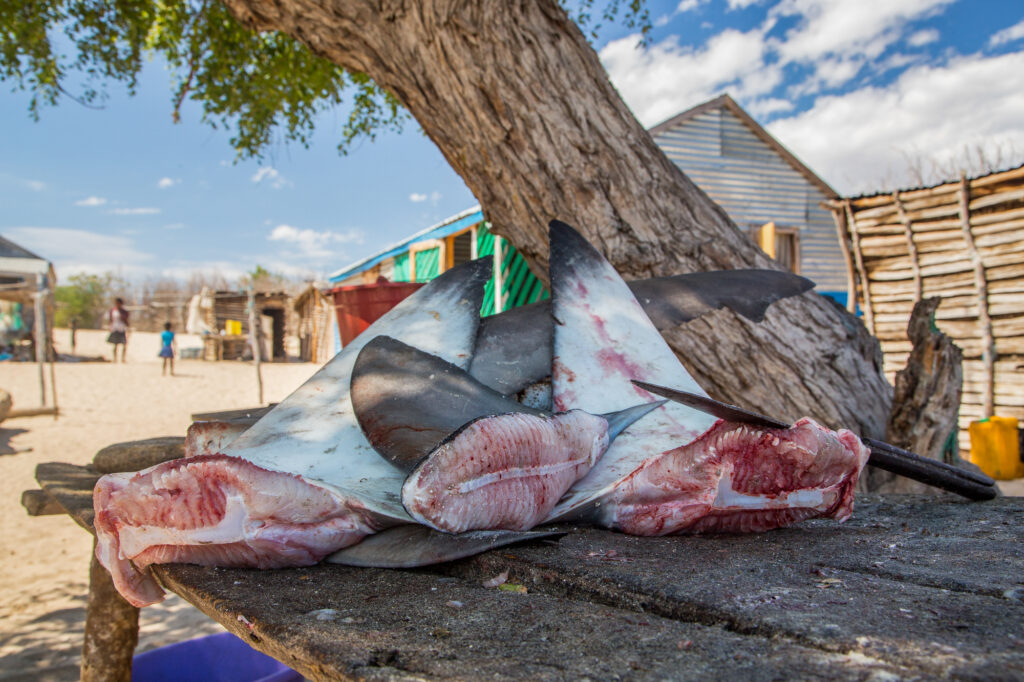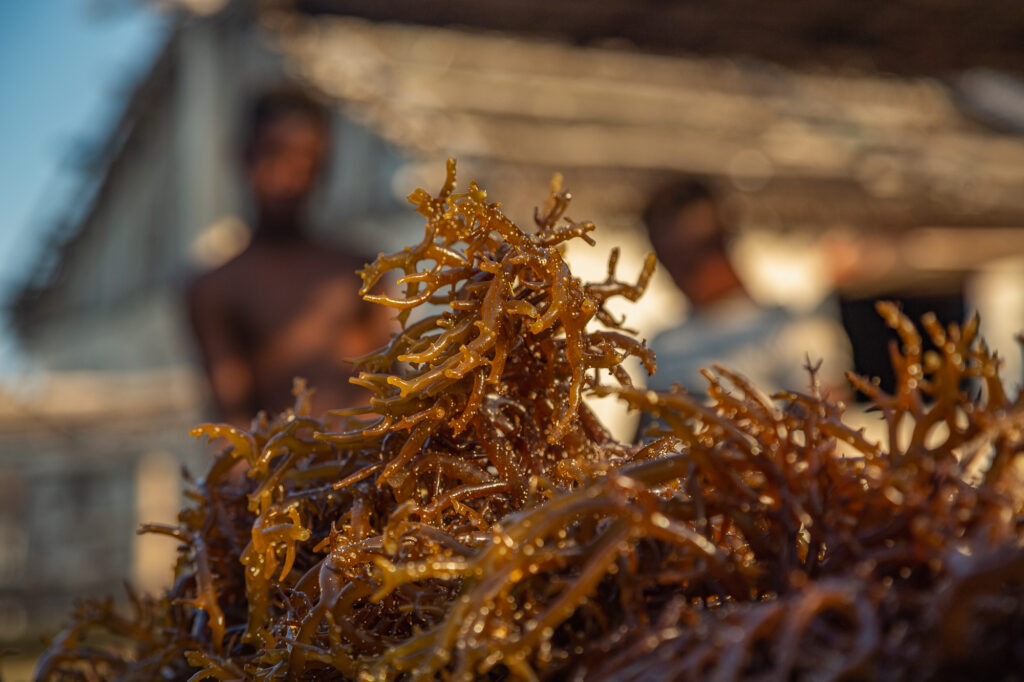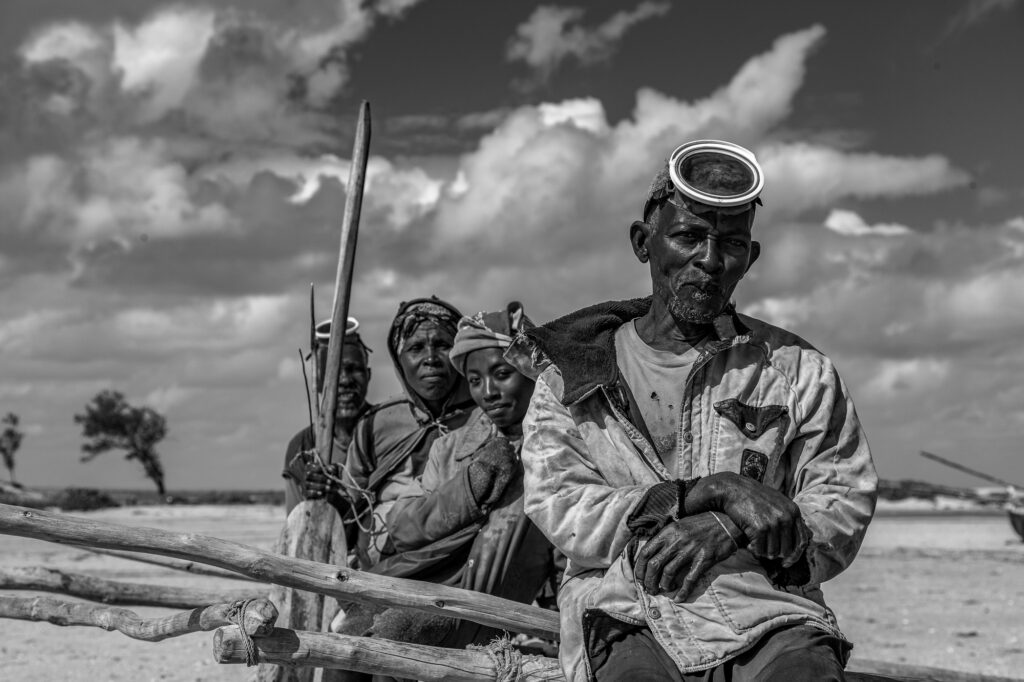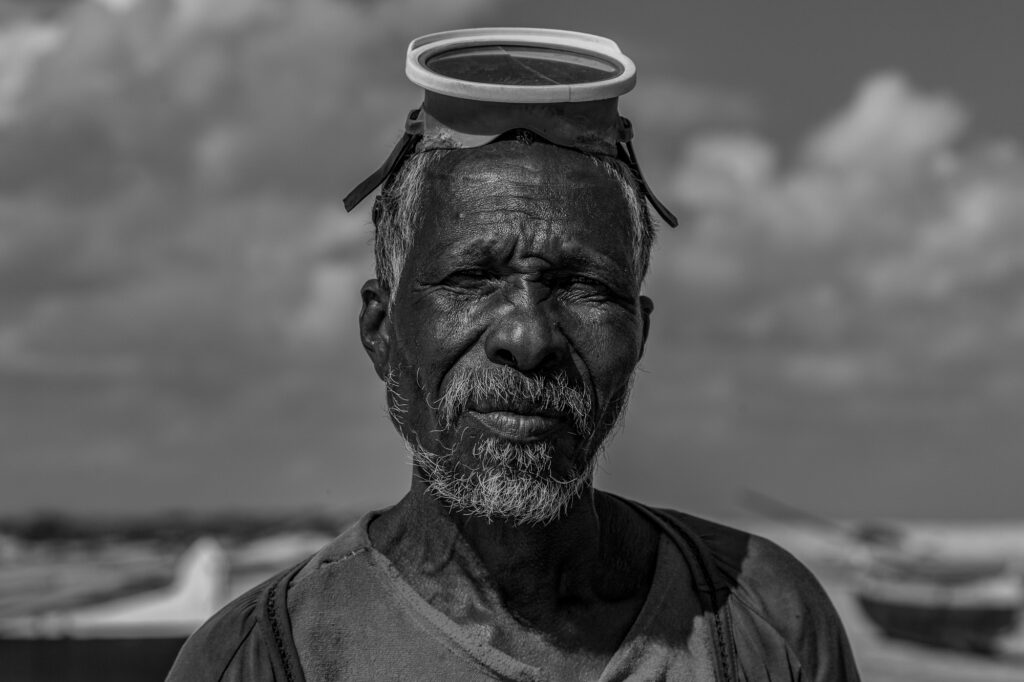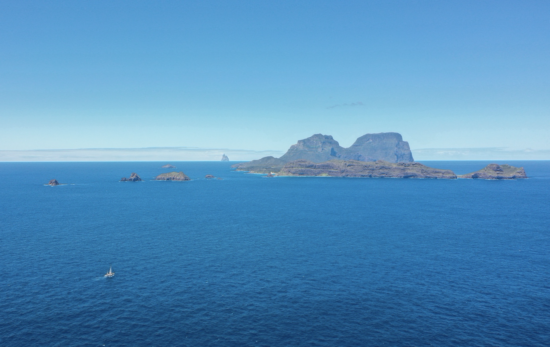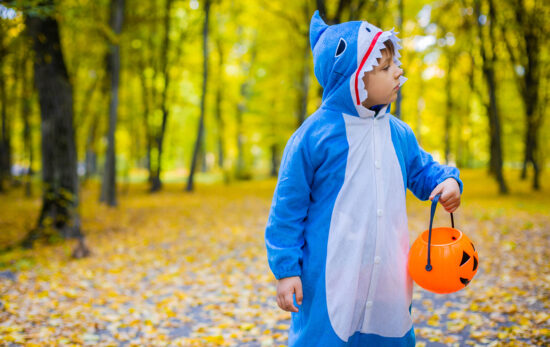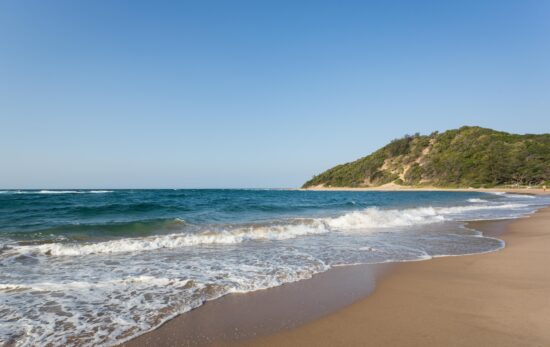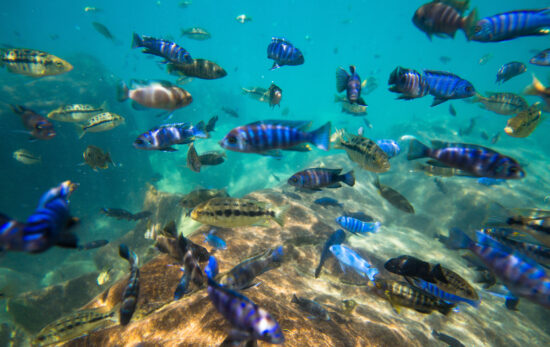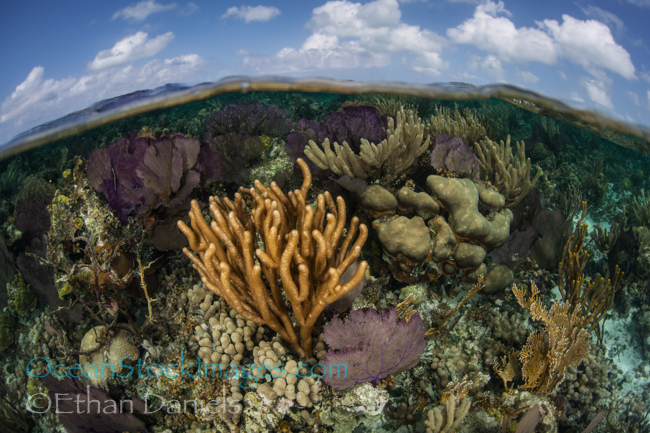As scuba divers, we’re constantly meeting some pretty awesome people, from whale defenders to every-day beach cleaners. This community is astounding, and its ability to constantly move the needle towards cleaner oceans shows the power of passion.
Recently, we learned of one Malagasy diver with an incredible story. Michel ‘Goff’ Strogoff grew up as a member of a semi-nomadic tribe in Madagascar, and he used to work as a shark, turtle and sea cucumber fisherman. But, about ten years ago, he put his fishing gear away in favor of a camera, becoming one of Madagascar’s leading conservation and wildlife photographers and filmmakers.
We caught up with Goff to talk about his life experiences and how he’s now using his camera to help save environments above and below the surface. Here’s what he told us about his ever-evolving relationship with the ocean:
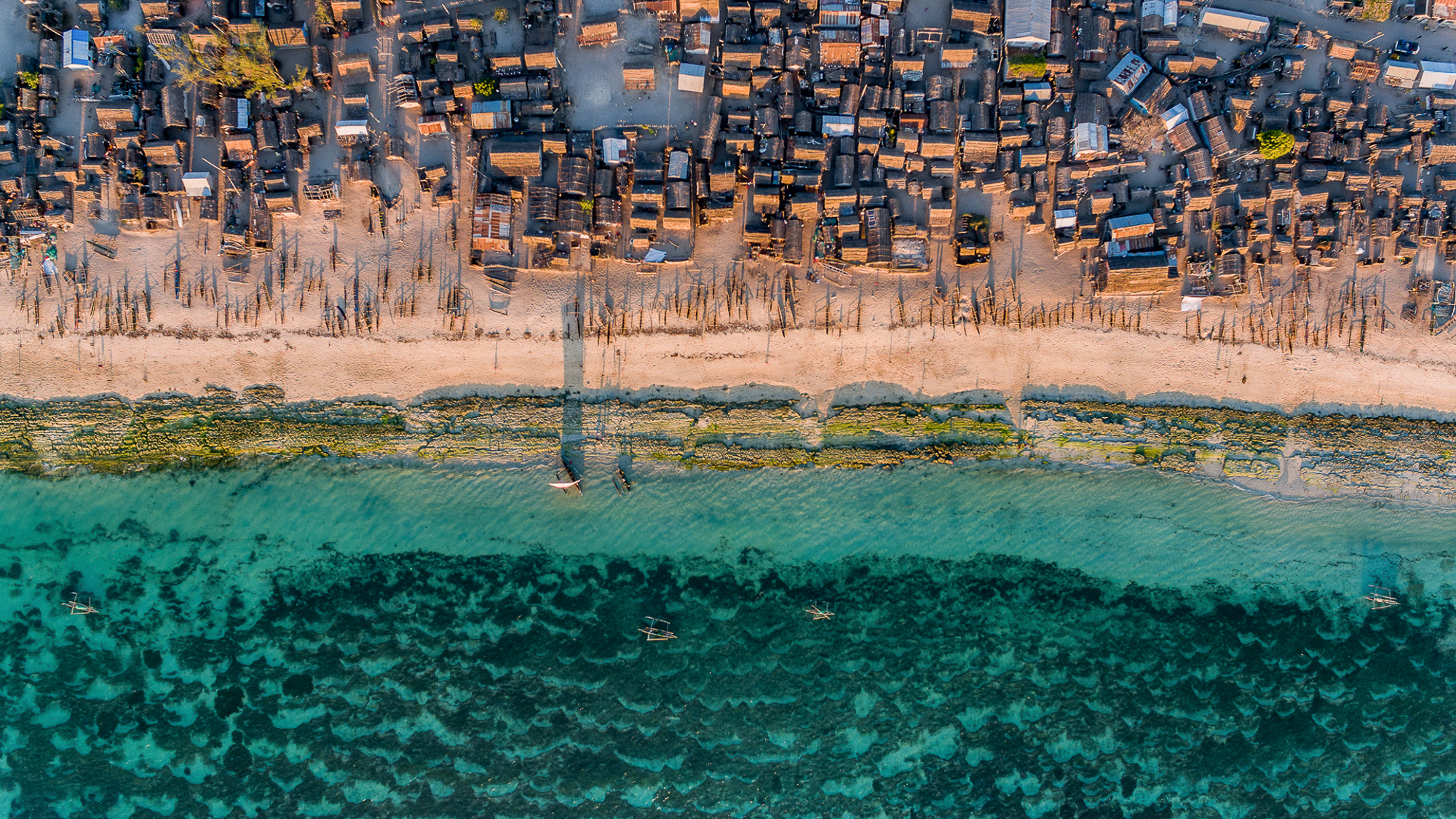
1. Hi Goff! Tell us a bit about your personal history. You grew up as a member of the semi-nomadic Vezo tribe in Madagascar. What was that like?
Hi, my name is Michel Strogoff but everyone calls me Goff. I grew up in a small fishing village called Andavadoake on the southwest coast of Madagascar. I am a former shark, turtle and sea cucumber fisherman turned environmental filmmaker, photographer and activist.
I am very proud to be Vezo. We are fishers whose cultural identity for centuries is bound to the ocean. So I always knew that when I was older I would become a fisherman like my ancestors. When I was 16 I joined my uncle on a fishing migration up the west coast of Madagascar to fish for sharks, rays and turtles and to free dive for sea cucumbers. The money I made from this trip meant that I could afford to buy my own fishing gear and so with my brother and my crew we started to fish for ourselves. In the beginning we would catch a lot of sharks and the money was very good. This meant I could provide for myself and help my parents. However as the years went on we would catch fewer and fewer sharks and other marine species and we had to sail further offshore to make a living. This worried me as where I come from there are very few options to make a living other than fishing.
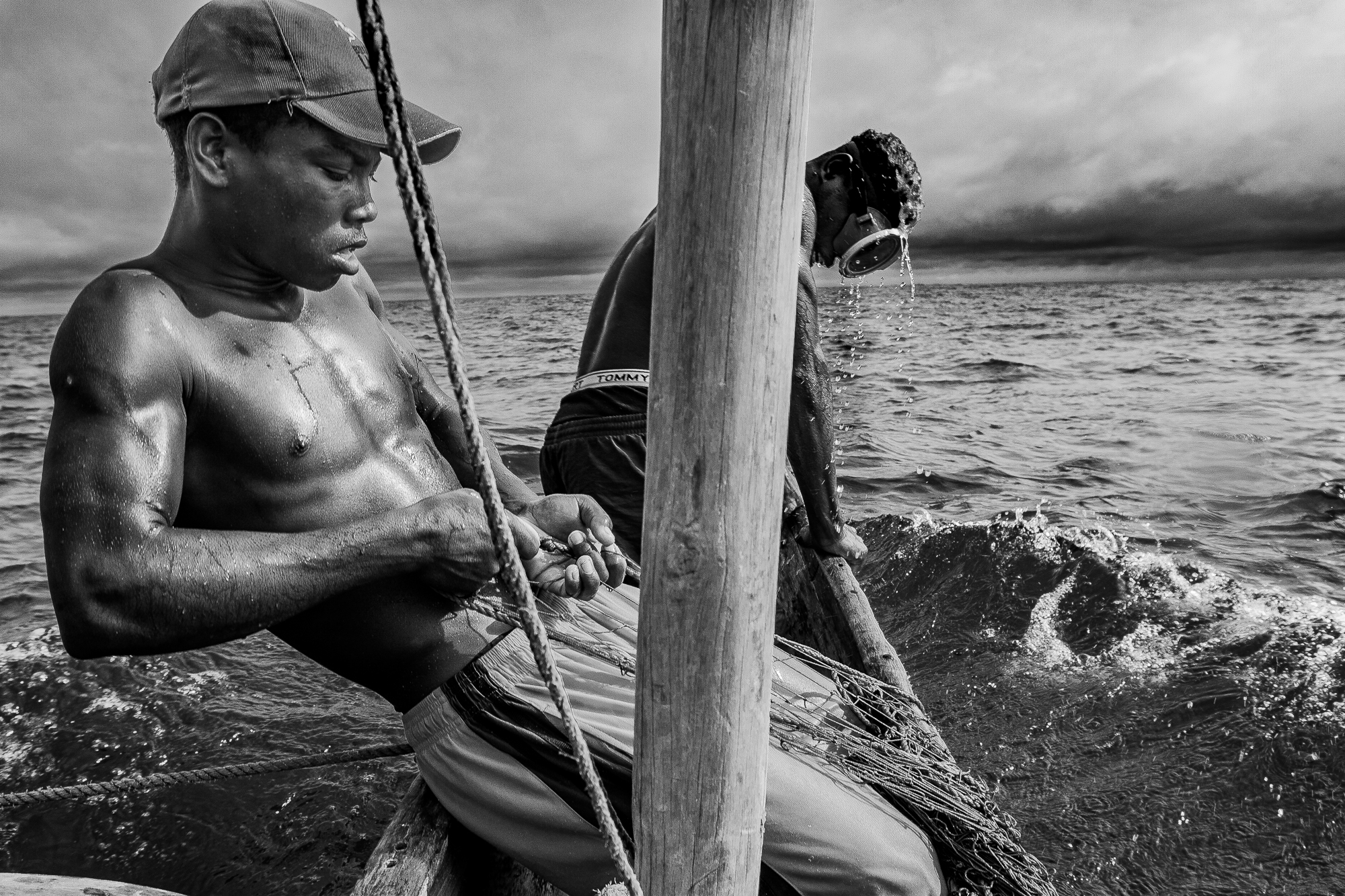
2. As a shark, turtle and sea cucumber fisherman, what prompted your transition to become a conservation and wildlife filmmaker and photographer? How did you decide it was time to stop fishing?
The main reason that I decided to stop fishing was because of my older brother Thomas. He had started working for a British NGO called Blue Ventures who had a base in my village carrying out marine conservation. Thomas worked on their shark and turtle projects where he would teach the community about more sustainable fishing practices. I saw his educational work and it made me feel bad inside that I was doing the very activities that he was teaching about. As a result I decided to follow my brother’s lead and I started to work for the same NGO to collect data on the number of sharks and turtles being caught by the local community. In later years I became involved in marine education.
My life changed again in 2014 when I met a British environmental filmmaker called Chris Scarffe, who was filming for a project for Vice on HBO on overfishing. A friend recommended me to Chris and he asked me to be the translator and “fixer” for the TV show. Over the years when Chris returned to Madagascar for other work he taught me how to professionally film and photograph. We became good friends and in 2019 we decided to create Madagascar Film & Photography together. Since we started collaborating I have been fortunate to work on some amazing projects. This has included filming giant whale sharks for a conservation program, filming the relocation of Madagascar largest lemur the indri and going undercover to expose the illegal shark fin and turtle trades.
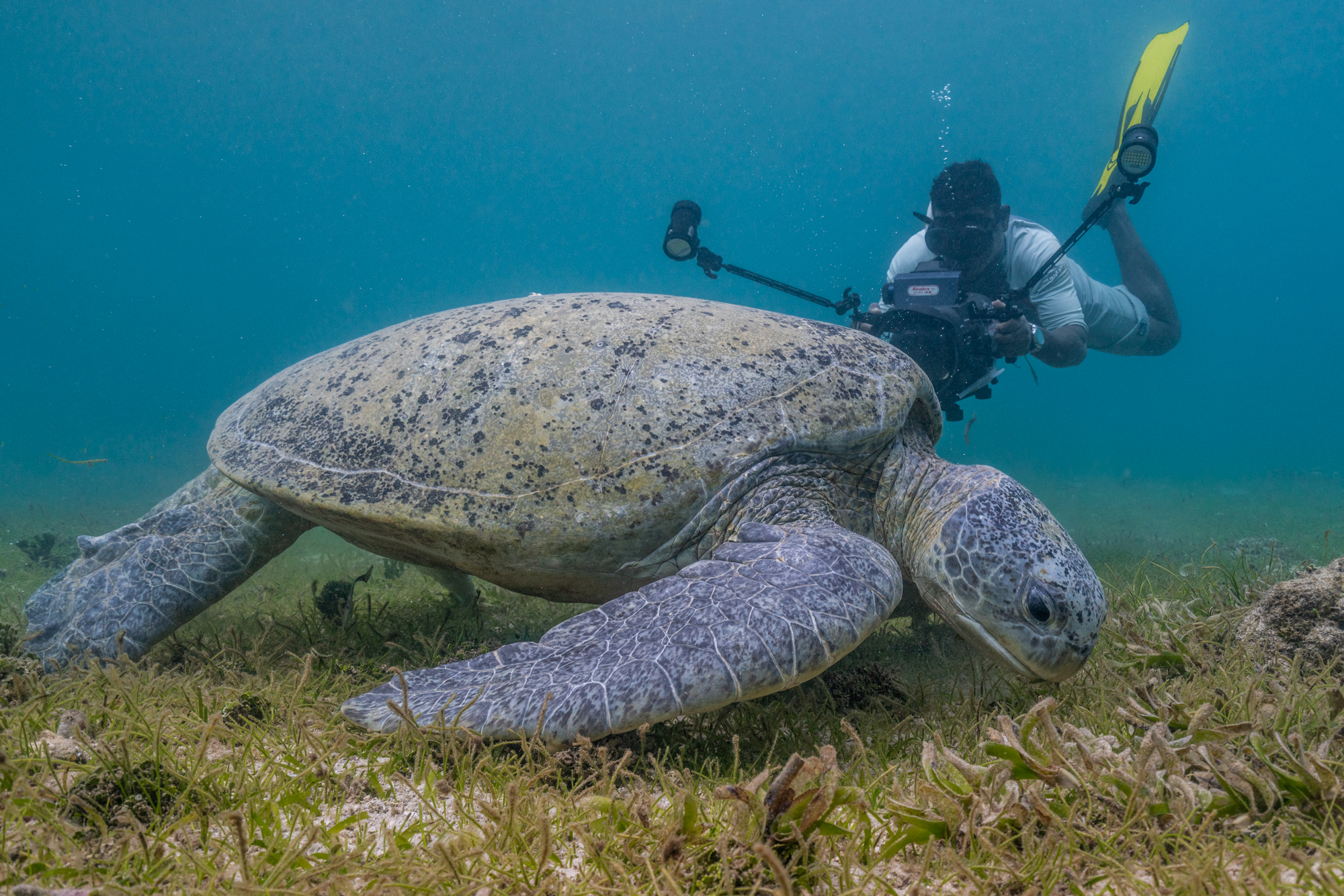
3. You’re also a PADI Assistant Instructor. How did you get into scuba diving?
Yes, that’s right I am a PADI AI. I first got into scuba diving through the NGO Blue Ventures whilst I was working for them. I was really lucky that they chose me to be the first of their scholarship students who was trained to become a scuba diving professional. The course meant that I learnt English and as my skills progressed I put them to good use carrying out marine surveys and teaching others about the importance of the underwater world.
I loved scuba diving from my first dive. I had grown up in the water free diving for sea cucumbers and spearfishing, but this was so much better. I could stay underwater so much longer and it was a completely different experience to be immersed underwater for so long.
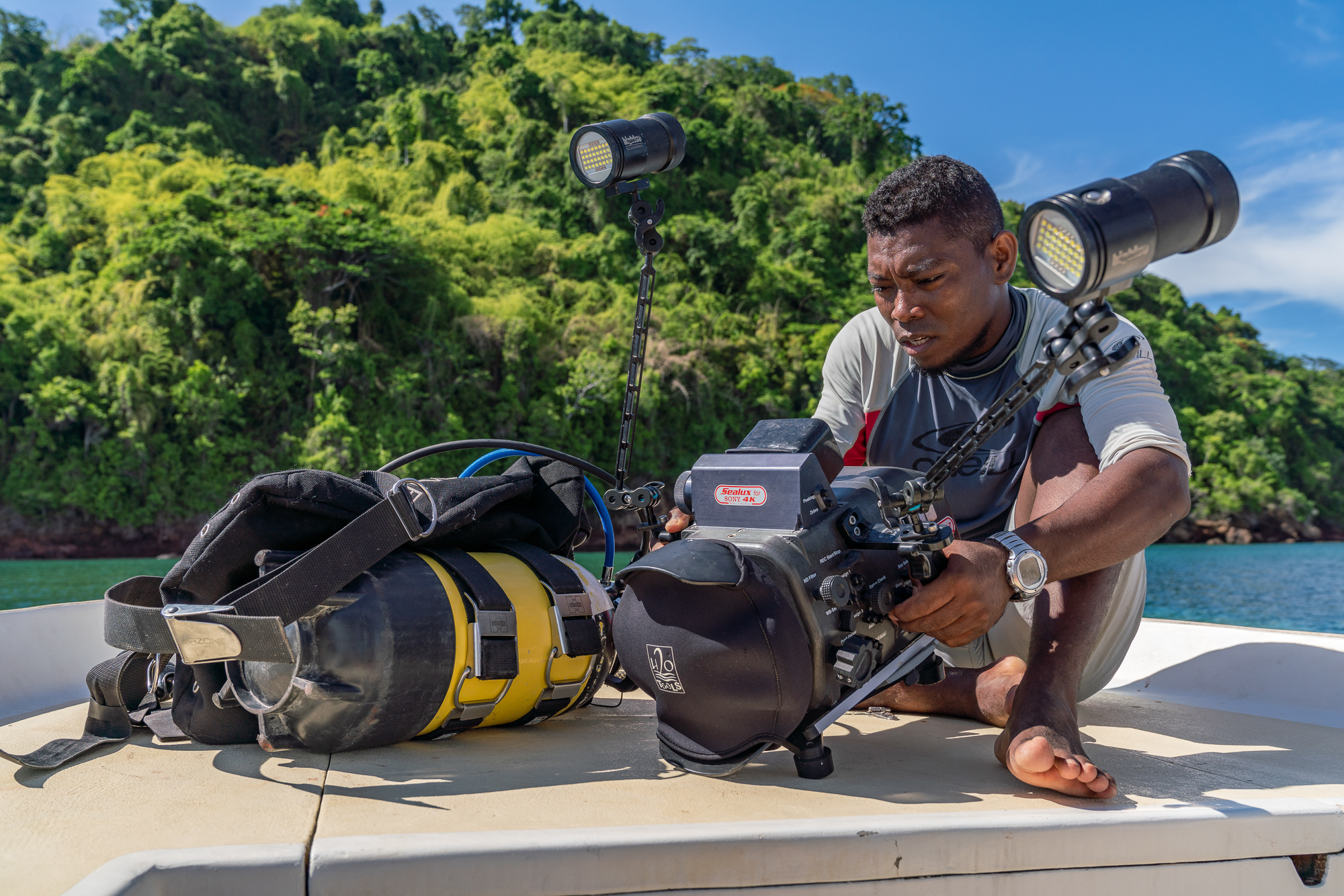
4. You haven’t been a filmmaker and photographer for very long, but you’ve achieved a great deal of success. In fact, you’re a member of the Explorers Club 50 and a judge on the 2021 UN World Oceans Day Photo Competition. To what do you attribute this success?
I care a lot about our oceans. I had no real formal education but the sea was there to provide for me, my family and my community. If we don’t improve the way that fisheries are managed I am worried fish stocks will collapse and that there will be nothing left to support future generations and our planet. This is what drives me to do the work that I do. I want to help to give people a voice and to stand up against those that are destroying our environment.
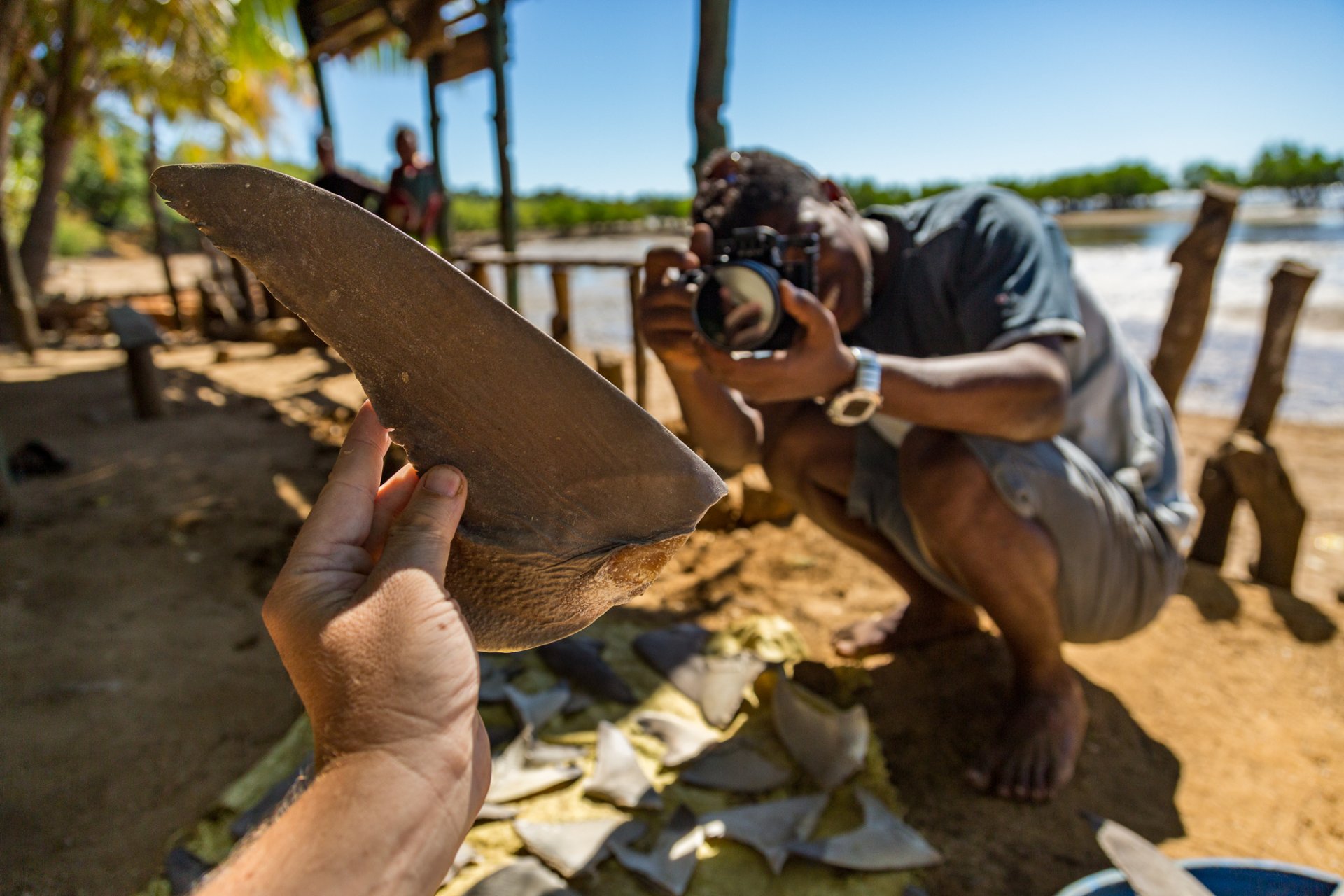
5. You use your camera to help save the ocean. What advice would you give other underwater photographers who want to use their skills for conservation?
Tell the stories that you are most passionate about. I believe this always shows in your work. Never stop learning either! Practice, practice practice.
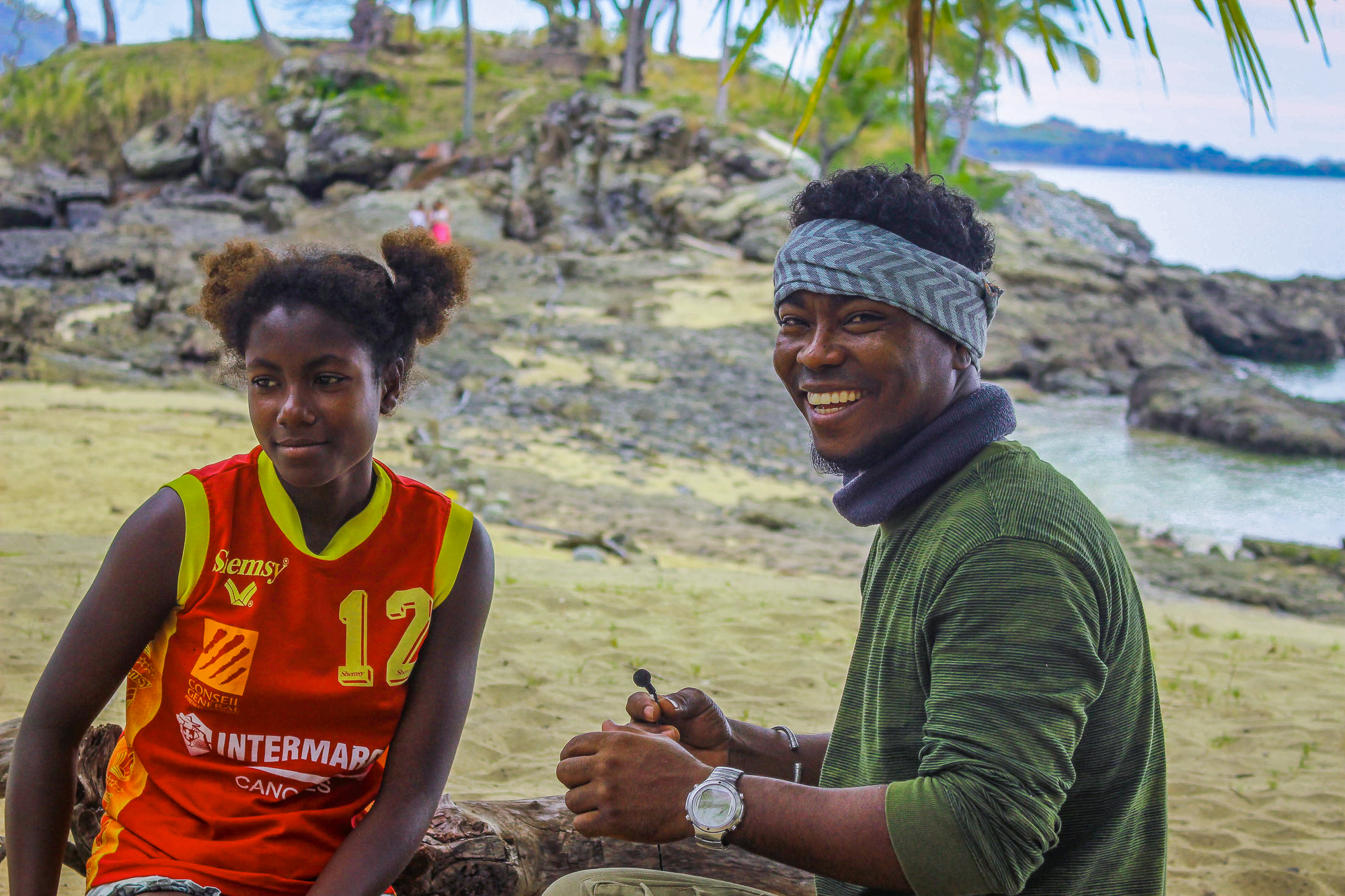
6. You’ve recently teamed up with Daughters of the Deep (DOTD) and the Madagascar Research and Conservation Institute (MRCI) to create a film about their new initiative that supports underprivileged female students to gain an education in the marine conservation field. Why is this initiative important to you?
I don’t come from a privileged background myself but through hard work and the support of others and the opportunity to learn news skills I am able to do what I do today. This is why I was so keen to be involved in the Daughters of the Deep scholarship program. Coming from a small village like Mary Jeanne (the first DOTD scholarship student) myself, I know how difficult it is for young people in these communities to work in marine science and conservation. This is especially true for women, who are often overlooked and expected to fulfill traditional roles in the home. I believe that we should all have equal opportunities to succeed in life and I hope Mary Jeanne will be the first of many to get this fantastic opportunity.
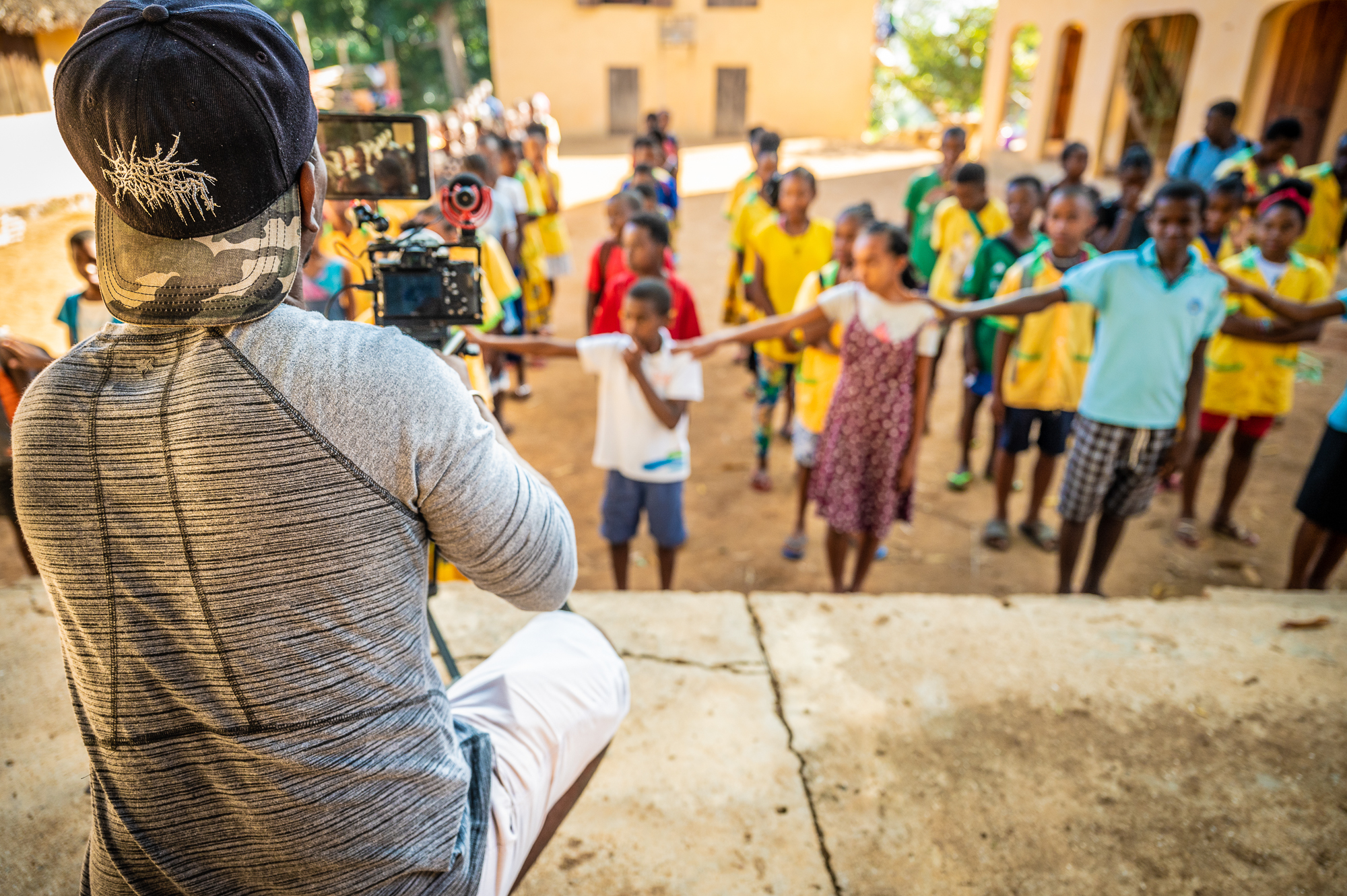
7. Why is saving the ocean important to you?
Saving the ocean is very important to me and to all of us because the ocean is our life source! I come from a Vezo fishing community and I know that they will be the first people to suffer if the health of our oceans does not improve. It is up to all of us to combat the threats to our ocean.
Saving the ocean is saving ourselves and future generations.
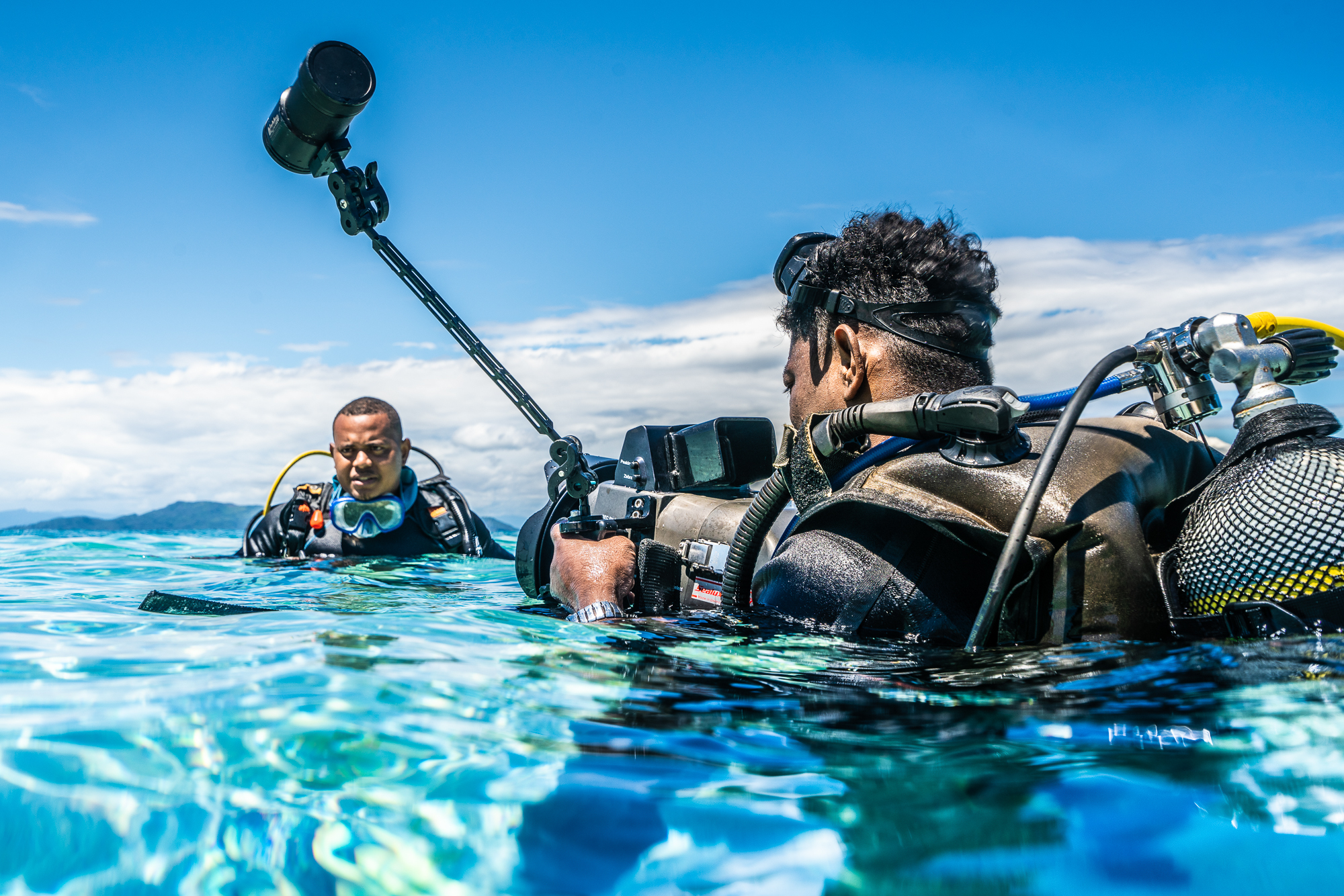
8. If you could ask scuba divers around the world to take one action to help save the ocean, what would it be?
As scuba divers we are so fortunate that we get to experience the underwater world first hand. So many people do not experience this themselves as they can not dive. I feel it is our duty as divers to tell and to show people about not only the wonders of the ocean but also the many threats facing these marine ecosystems. Let them know how much we rely on a healthy ocean and the changes that we are seeing and remind them whilst humans are often the problem we are also the solution.
Michel ‘Goff’ Strogoff: Madagascar Film & Photography Portfolio
You can help save the ocean like Goff. To receive regular updates from a community of like-minded divers and new ways to take action to save the ocean, sign up to become a Torchbearer here.
